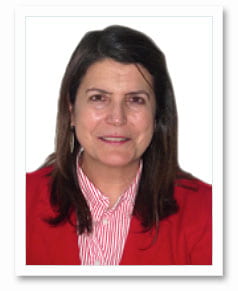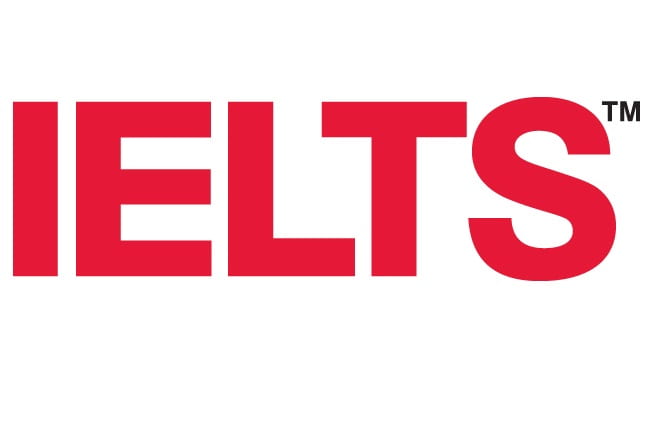 Jasone Cenoz is Professor of Research Methods in Education at the University of the Basque Country, UPV/EHU. Her research focuses on multilingual education, third language acquisition, bilingualism and multilingualism. Specific topics Jasone has investigated in her research include the multilingual lexicon, translanguaging in written production, Basque multilingual education and cross-linguistic influence.
Jasone Cenoz is Professor of Research Methods in Education at the University of the Basque Country, UPV/EHU. Her research focuses on multilingual education, third language acquisition, bilingualism and multilingualism. Specific topics Jasone has investigated in her research include the multilingual lexicon, translanguaging in written production, Basque multilingual education and cross-linguistic influence.
She has published articles on multilingual education in Modern Language Journal, Applied Linguistics, Language Culture and Curriculum, TESOL Quarterly, Language Teaching and the International Journal of Bilingual Education and Bilingualism, among others. She is also the author of several book chapters and books and the award-winning monograph Towards Multilingual Education (Multilingual Matters, 2009). She has just co-edited two books: Minority Languages and Multilingual Education (Springer, 2014) and Multilingual education: between language learning and translanguaging (Cambridge University Press, 2014).
She has presented her work at conferences and lectures in the US, Canada, Australia, Hong Kong, India, Brunei, Singapore, Israel and most European countries. She has served as AILA publications coordinator for 8 years and she has been a member of the Executive Committee of IASCL and the International Association of Multilingualism.
Translanguaging and Minority Languages: A Threat or an Opportunity?
Jasone Cenoz, University of the Basque Country, UPV/EHU
Traditionally, schools have maintained languages in the curriculum separate from each other without recognising learners’ resources as emergent multilinguals. This policy is aimed at avoiding cross-linguistic influence and code-switching. The isolation of languages in the curriculum has also been regarded as positive for the survival of minority languages so that they do not get ‘contaminated’ by majority languages. These ideas have been challenged in the last years as the result of many factors. Some of these factors are related to the characteristics of society in the 21st century and include globalisation, digital communication and the spread of English. Within the field of multilingual education, there is a strong trend to replace the idea of isolated linguistic systems by approaches that take multilingual speakers and the way they use their linguistic repertoire as a reference.
This presentation will focus on translanguaging, a concept that was developed in Welsh bilingual schools where English, the majority language, and Welsh, the minority language, are used as languages of instruction. Translanguaging will be analysed from the perspective of the use of minority languages in education. Translanguaging refers both to spontaneous language practices that use linguistic resources from the multilingual speaker’s repertoire and to pedagogically oriented strategies developed to foster multilingual competences. In this presentation, the strengths and weaknesses of spontaneous and pedagogical translanguaging will be analysed as related to the development of minority languages. Examples from Basque multilingual education and other contexts involving minority languages will be shown so as to see how translanguaging can be considered simultaneously as a threat to the survival of minority languages, or as an opportunity for their development. Implications for language teaching will also be discussed.
